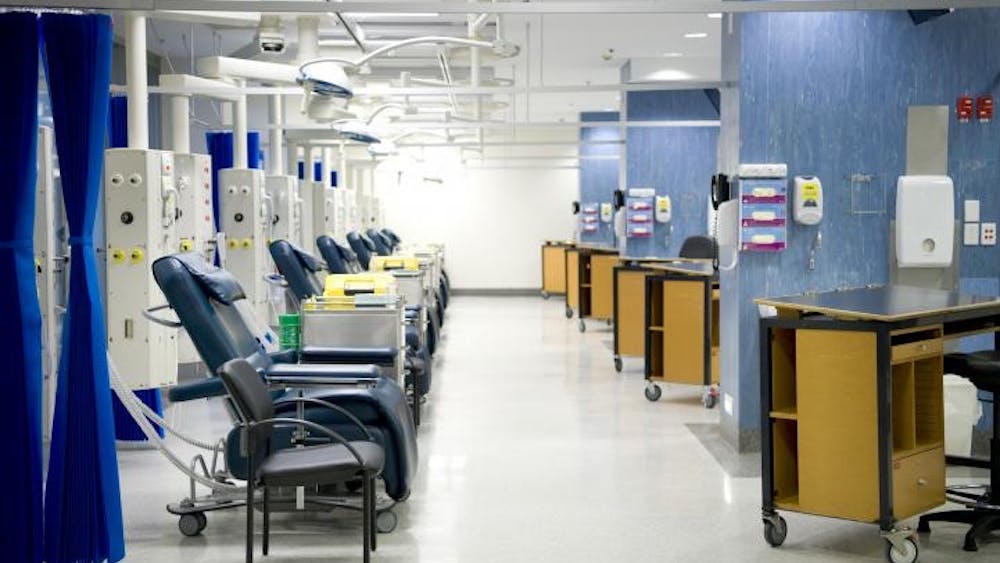A multicentre, randomised, double-blind, placebo-controlled, phase 1b/2a study of WVE-003 in patients with Huntington’s disease.
About this study
Currently there is no treatment available to change the course of Huntington's disease (HD). Everyone with HD has a mutation or change in their DNA that leads to the formation of an abnormal protein that researchers think is toxic or harmful to the brain and is directly involved with causing the symptoms of HD.
This study is designed to see if the administration of an investigational drug, called an antisense oligonucleotide, reduces this abnormal protein as intended. It is also hoped that the drug reduces the rate of progression of the symptoms of HD.
Unlike some other clinical studies, this study hopes to only reduce the abnormal protein that the HD gene makes but not the normal protein that may be important for brain function.
Our goal is to determine if the study drug, WVE-003, is safe and well tolerated in the treatment of this disease when compared with a placebo.
Anticipated enrolment close date: Early 2022
Who can take part
You may be eligible to participate in this study if you meet the following criteria:
- Aged 25 to 60 years
- Have early manifest HD
- Pre-screened with targeted SNP (mutation in nucleotide)
- Additional eligibility requirements apply. Study participation is voluntary, and you may stop participating in the study for any reason at any time
What's involved
- You will be asked to come in for a pre-screening visit to have some blood taken to test for the targeted SNP mutation we are investigating in this study
- If you are determined to carry the targeted SNP mutation, and are found to be eligible based on screening tests, then you will be asked to participate in two separate treatment periods in which the study drug, or placebo will be given by intrathecal injection (by inserting a needle into your lower back into your spinal canal, also called a “lumbar puncture”
- The study consists of two research periods:
- In the first period (Period 1), you will have 1 dosing visit followed by 4 follow-up visits over a 12-week duration
- The second period (Period 2) is 24 weeks in duration and the study drug will be given on up to 5 occasions
- During your study visits, you will be asked to undergo examinations to monitor safety, including but not limited to, blood tests, lumbar punctures, ECGs, MRIs, physical examinations
You can learn more about all of the requirements and activities in this research study from the study doctor.

Ethics
All research in Australia involving human participants is reviewed by an independent group called a Human Research Ethics Committee (HREC). The ethical aspects of this research study have been approved by the Royal Melbourne Hospital HREC.
This study is being carried out according to the National Statement on Ethical Conduct in Human Research (2007). This statement protects the interests of people who agree to participate in human research studies.

The Clinical Trials Centre (CTC) is a dedicated, purpose-built space where we conduct clinical trials.
The CTC is located on Level 2 South. When you arrive, if you are unsure where to go, talk to one of our friendly volunteers or the information desk staff.

